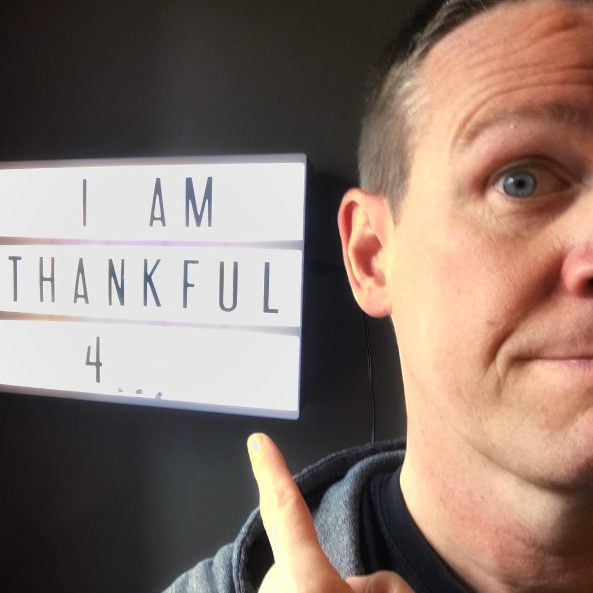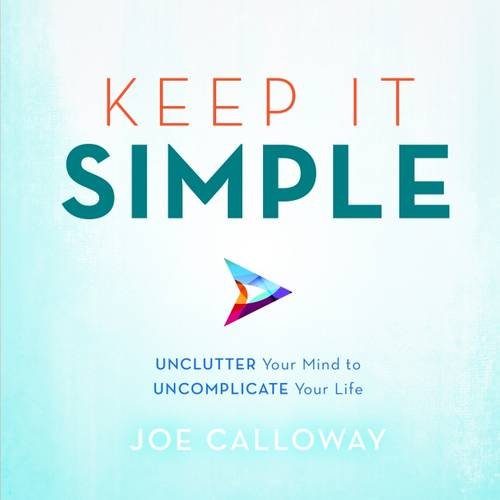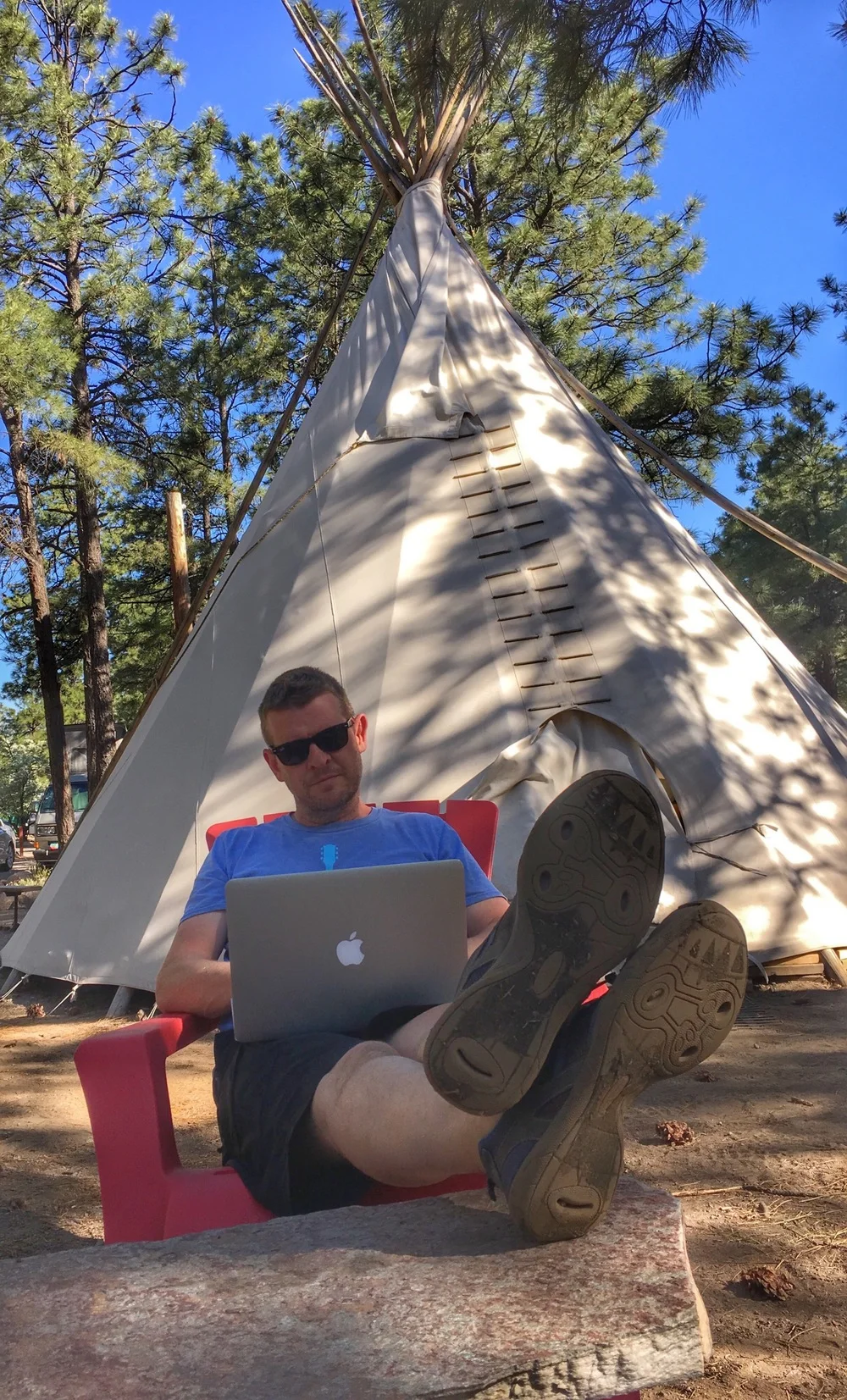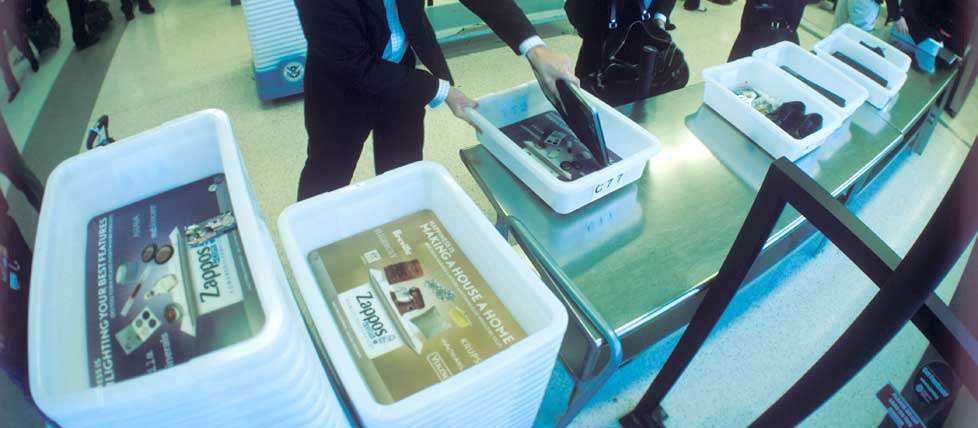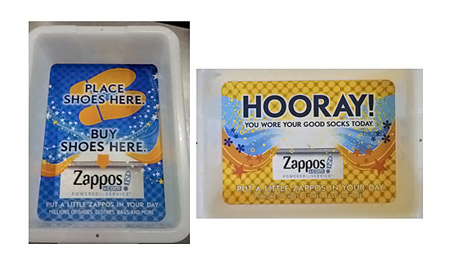Imagine yourself in a car at night, driving down a long, barren road with flat empty fields along both sides. You have been driving for many hours, and you have no idea where you are headed, or if you will ever reach your destination. You don't know this because you never decided where you are going. You are just driving with no plan.
You might be enjoying the feeling you get from the freedom of the open road. However, eventually, you will begin to get frustrated and feel stressed by the uncertainty of not knowing where you are going.
Setting yourself personal and professional goals will help you set and reach your destination. If you have no goals you will eventually run out of gas along the side of that barren road.
Don't quit your day job.
I was reminded of the importance of goals as I read Sean McCabe's new book, Overlap: The Ultimate Guide to Turning Your Side Passion Into a Successful Business. McCabe is an entrepreneur who has had several successful businesses over his career. We met in-person at Jeff Goins' Tribe Conference recently and spoke more about his book. He wrote it to encourage readers to go after what they truly want to do professionally. He doesn't preach what others do about quitting your day job. Instead, he encourages you to carve out time to work on a side business that can bring you joy and reward you financially. This all begins and ends with the goals you set for yourself.
In Overlap, McCabe describes his own goal of writing the book and how he completed it in just one month. He describes his process of writing 80,000 words over two weeks. McCabe includes a clever strategy to help readers set and reach their goals.
A strategy to achieve your goals.
Begin by creating a long list of all of your life goals. McCabe recommends determining which of the goals on your list will have the biggest impact on your life if accomplished in one year. He then says to start a new list and write that one goal on the top of the page. Follow this with twenty bulleted items that will get you to accomplish that goal. Dedicate one day for each item and repeat this for twenty days.
I would add that you might need some extra time on some of the items, but you will be surprised how little time it actually takes to complete them when you write them down. It also helps to reconsider watching YouTube and Netflix during this period because focus is key.
McCabe writes, "Successful people know what they want, and they invest every ounce of their energy in going after that one thing. You can achieve many great things in life, but you can achieve only one truly great thing at a time. If you try to pursue many goals at once, you will not succeed at any of them." He adds that you should visualize achieving your goal. He says to, see it, actualize it, and internalize the fact that it will happen. Never feel you have failed to reach your goal, just that you haven't achieved it yet.
Make an on-going list of what is effecting you positively and what's doing so negatively. Doing this will help you understand what is slowing you down from achieving your goal and what is helping.
Communicate your goals.
A key message in Overlap is to communicate your goal every day to everyone in your life. Make them associate you with the goal you plan to accomplish. It needs to be on their minds when they think of you. You can even add the people in your life to your list. Some will support you all the way, while others may try to talk you out of it or even speak negatively of your goal.
McCabe writes, "If the people in your life don't know what your goal is they can't help you achieve it." He goes on to remind his readers that we need to know the goals our friends have and do our best to support them as well. As I always say, networking is a two-way street.
Why not pull your imaginary car over right now? Fire up Google Maps or grab the old Rand McNally from the glove box. Choose your destination. You are far more likely to make your journey a success when you know where you want to arrive.
Leave a comment with your goal. Maybe we can help you get there.




















